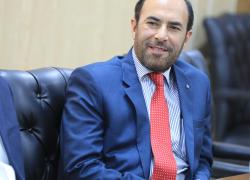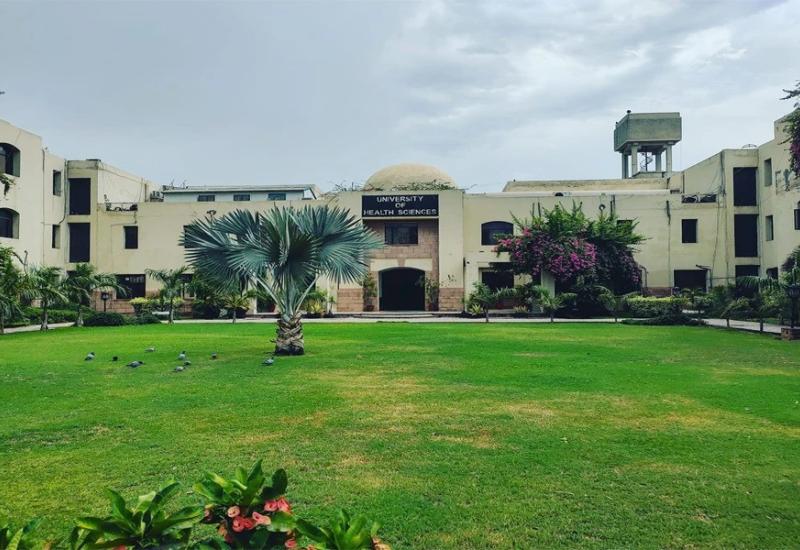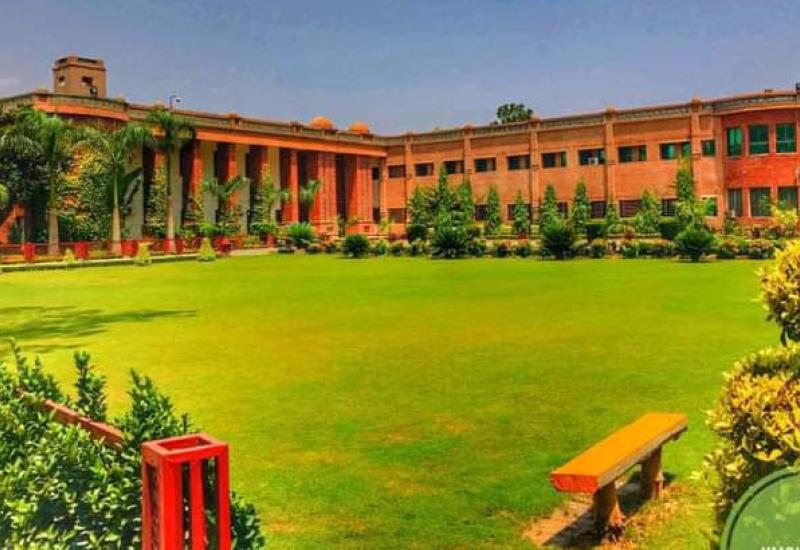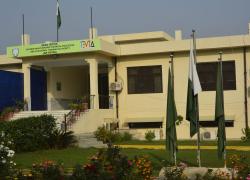The precarious filing system in the universities in Pakistan: How to fix it?
The present-day universities are functioning in an increasingly complex and turbulent surrounding. To meet the challenges of the competitive academic environment, flexibility and openness are getting critically important for the survival of academia. The public higher education institutions are required to adapt to changes in its working arrangement to outsmart the competitors and thrive in the competitive marketplace. Like business concerns, adapting to changes in the workplace is attaining paramount significance for academia otherwise the universities shall be at a serious disadvantage in the cutthroat competition, down the line.
Exploring new horizons
During the early days of my professional career, when I joined my new assignment in a public sector university, I observed excessive regulations, red-tapism and highly bureaucratic system of governance reigning supreme in academia in Pakistan. The reams of officialdom, intricate by-laws and bureaucratic mindset making it exceedingly unmanageable to get any mundane work executed smoothly and efficiently. The despicable filing system has turned into a powerful instrument to assert control over academics.
Strangely enough, all key administrative positions, predominantly, in the newly established public sector universities were occupied, largely, by the retired government officials. They imported the old fashioned filing system from the government and implanted it in the newfangled universities. The more, the academic set up was getting established, the more the bureaucratic control was getting stringent. This resulted in a filing system that was in contrast to the basic spirit of research and academic setting.
Filing system in the academia
Since inception, the manual filing system is ingrained and deep-rooted in the administrative business in the public sector universities. It is run on the model of the government offices and public departments. Establishment, academics and finance departments are the cardinal administrative sections/units in the universities regarded as the hub of the filing system. From trivial matters such as issuance of NOC, granting of leave, nomination for trainings, maintaining attendance record and TA/DA etc., to important issues such as court matters, matters pertaining to the governing bodies, nomination for international conferences, matters pertaining to retirement each and every case is required to be processed and approved manually on the files by means of exhaustive ‘through proper channel’.
File movement
The movement of files in the administrative sections/ offices in academia is as robust and laborious as in the government offices. It is time consuming and oudated. This has already been delineated in the article, “The wretched filing system in government offices: A tool for sinister bureaucratic control”. In certain instances, the red tape and procedural delays in some universities were noted to be even complex than the Government Secretariat or Directorate of the public sector departments.
The files are routed through the same intricate and thorny pathways. It has to move up and down the ladder, alongside the managerial hierarchy, at least two to three times, as a matter of routine exercise while handling a simple, ordinary case on hand. It takes even longer, in the event, any query is made during the process. In case, some supporting papers or attachment or appendices were found missing, the file has to undertake additional multiple rounds before it is finally disposed of. The Establishment and Accounts sections in the universities are notorious for the untoward delay during the movement of files. The files involving matters pertaining to procurement, too, experience annoying time lag. This causes unanticipated impediments in decision making about routine official matters, causing demotivation, frustration, burnout and job dissatisfaction. This adversely impacts performance, productivity and efficiency. This also creates legal complications.
Fixing the problem
As an ephemeral arrangement, instructions are being issued to the concerned staff within the universities, from time to time, not to delay the files unjustifiably for more than three days. However, these instructions are not being followed in letter and spirit. File tracking system was introduced by some public sector universities to fix the problem. However, this was only a part of the comprehensive e-filing system which needs to be introduced in the public sector universities as a part of the broader reform agenda on the analogy of Khyber Medical University Peshawar.
Digitalization
For the lasting solution, there are numerous ways in which these problematic areas can be addressed. One way is to get away with the existing filing system, altogether and to replace it with an e-filing system as implemented by Khyber Medical University Peshawar. Under the e-filing system, all the files, official correspondence and letters were digitalized and moved through intra/internet, enabling the top management to observe how a certain file moves along the system, identify where a file is located, how many days it remained there on a particular disk and how many days it takes for an officer to process it. However, some decent amount of understanding of the latest IT tools and programing with decent amount of investment is required for its development and implementation. This can be developed in-house or may be sourced out with both the options have its pros and cons.
This will be the first step towards a paperless environment in the academia in Pakistan. Nevertheless, for the time being, if the current filing system is unavoidable then certain corrective measures can be undertaken to improve its functioning and enhance efficiency.
Decentralization
While managing affairs of the universities at a broader level, decentralization of decision-making authorities is direly required. The top management should avoid unnecessary involvement in micro-management and should not leave strategic level decision making to the lower tier either.
- For the routine matters, the heads of the administrative departments need to be empowered to dispense with the cases pertaining to the internal affairs such as leave cases and matters of minor indiscipline.
- Similarly, the heads of the teaching departments and directors of the institutes need to be empowered to dispose of the matters pertaining to internal management.
- For operational level matters at the center, for instance, issuing of NOC, experience certificate, leaves of all kinds, TA/DA etc, the Registrar must be authorized for approval. For certain tasks, this arrangement can be even devolved to the point of mid-career level managers.
- The office of Pro Vice-Chancellor in the universities needs to be strengthened and empowered to deal with the files pertaining to academics. He should support the Vice-Chancellor in providing academic insight to the universities and work in close liaison with senior administrators and Deans of the Faculties to help drive strategy and steer policy development.
- While dealing with financial matters, the concept of teaching departments as Independent Cost Centers needs to be implemented in letter and spirit. The same model should be replicated for the administrative units/sections as well. The entire budget should be released to the cornered departments, keeping in view their finical requirement and the concerned head should be authorized to manage the financial affairs of the department, ensuring proper financial discipline.
- Proper checklists need to be developed for matters involving procurement and need to be followed in order to avoid untoward delay while processing bills.
- The movement of the files needs to be simplified, as much as possible. Some stages during the movement need to be curtailed, altogether, to attain efficiency and enhance productivity.
Conclusion
Reforms in the higher education sector in Pakistan are on the anvil. It is high time that these important issues need to be addressed paving the way for a paperless academic environment in the country.


















